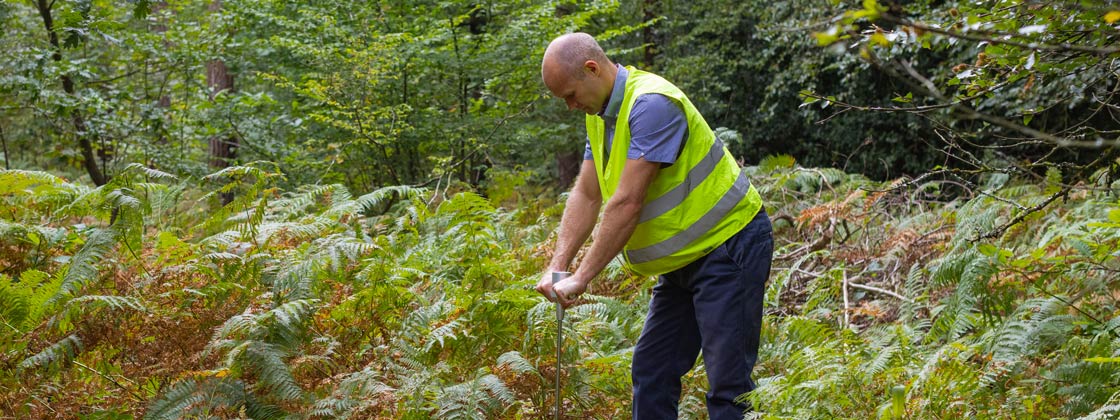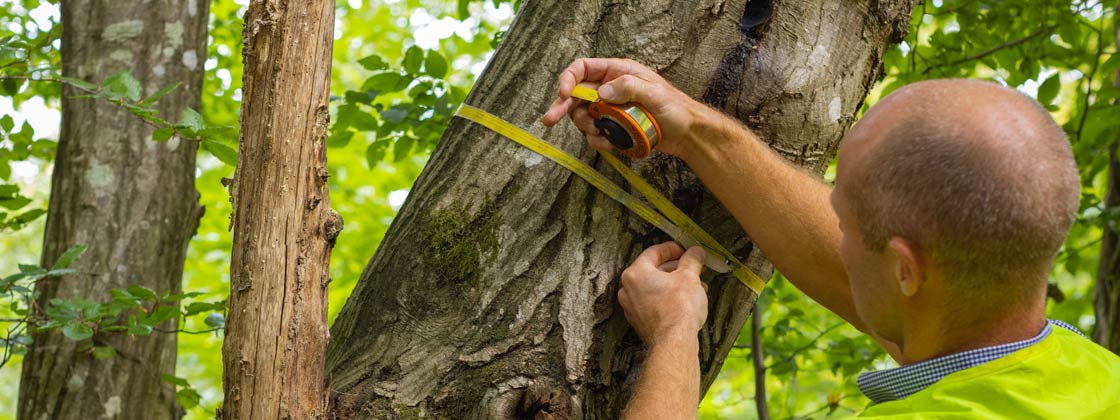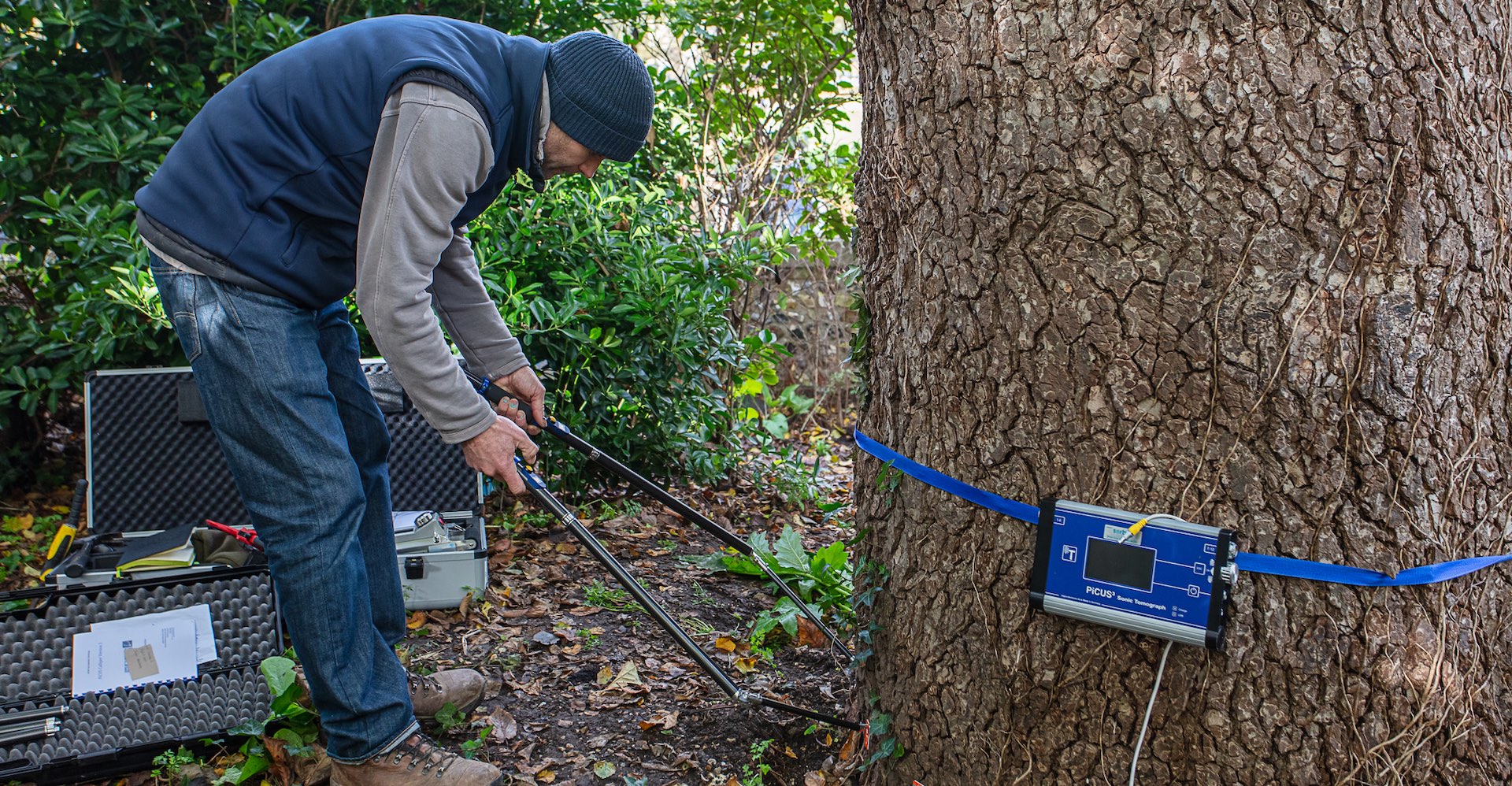Arboriculture
Planning Applications and Site Surveys
Our team can assist with the tree surveys and assessments required for a successful and quick planning application.
Our team will guide you through all the required tree surveys and assessments for your development, giving you the best possible chance of planning consent.
At David Archer Associates, we survey thousands of trees every year, so we know each and every challenge they can bring to a development. That’s why our highly skilled surveyors don’t just look at the project at hand but at the wider picture. We’ll flag up any potential issues if there are protected wildlife habitats in residence or if we think that there are challenges that haven’t been considered – so you can feel confident that no stone is left unturned that may hold up your planning consent.
We provide a flexible and accessible approach for our clients throughout every step of their development.
Our team is always available to provide expert, clear and friendly advice. We understand every step of the planning application process and are just a phone call away to help you navigate any challenges throughout. We always aim to be as flexible as possible for our clients, and with our team located only an hour away from any South of England site, our surveyors can be available to view your site quickly for any fast-moving projects.
We have excellent relationships with local planning authorities, so we can help your team secure planning permission fast.
We pride ourselves on our excellent relationships with local planning authorities. This close level of understanding helps our clients secure planning permission faster and with minimal fuss.
How do our tree surveys help your planning application?
- Tree surveys help guide architects during the outline design process, so you’ll avoid unnecessary delays.
- Your treescape will stay protected. Our surveys will help you to preserve retained trees during construction.
- The site surveys will highlight any development constraints, so you can quickly navigate potential issues before they become a serious problem.
What to expect from our planning application site surveys
- A quick turn-around time – we deliver all our site surveys within 10 days.
- A cost-effective solution – our detailed approach helps you to avoid unforeseen costs in the future.
- Attention to detail – our accurate tree surveys help you to quickly gain planning consent.
- Broad UK coverage – we can deliver tree surveys across London and the South of England. See our full coverage here
Our arboricultural services

We provide cost-effective pre-purchase tree surveys.
Our affordable pre-purchase tree surveys help prospective buyers identify tree-related issues that may limit a site’s future development.

We can provide full tree surveys for prospective planning applications
These comply with BS5837 (2012) and will identify any development constraints imposed by the trees and will give you practical solutions to overcome them.

We have experience in providing Expert Witness evidence
We have broad experience in providing Expert Witness evidence and appearing in Planning Appeals and Public Inquiries. with an excellent track record of successful outcomes.

We are experts at drafting TPO applications and appeals
We have many years of experience in drafting Tree Preservation Order applications, and our expert advice has helped our clients achieve a high success rate.

Tree Hazard Assessments and Surveys
Our team has built up a high level of experience in carrying out tree hazard surveys for a wide range of clients from local authorities, government bodies, large landowners to private individuals with just one tree.

Picus Resistograph
Does your tree have internal decay/defects? Has an external inspection not reached a firm conclusion; Don’t want to fell a tree without a high degree of confidence of the necessity? Then we have just the answer; the arboreal equivalent of a CT scan.

Our arboricultural specialists can provide Locum Services for Local Authorities
We can provide support services to local authorities under pressure through staff illness, budget cuts or staff reductions.